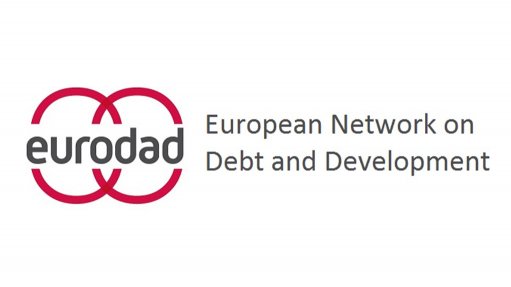
The World Bank’s (WB) own figures suggest that by 2021 an additional 110 to 150 million people will have fallen into extreme poverty, living on less than US$ 1.90 per day. The impacts of the Covid-19 pandemic have resulted in calls for ambitious responses, both in terms of scale and policy, under the broad headline of “building back better”. This briefing paper analyses the response of the World Bank Group (WBG) to the Covid-19 pandemic and reveals a persistent prioritisation of private over public interests, both in the immediate pandemic response and beyond. In fact, the WBG appears to have seized the current crisis as an opportunity to intensify its Maximising Finance for Development (MFD) approach.
The MFD approach, which has been implemented by the WBG since 2017, builds on previous strategies and represents a systematic and comprehensive effort to promote private sector development. The approach seeks to place the private sector at the heart of development, including in public service provision. The idea is for traditional Official Development Assistance (ODA) to take on a catalytic role in the mobilisation of private finance for development, including in the poorest countries. The approach deploys various instruments, many of which are referred to as “blended finance”. They range from offering technical advice on how to reform policies and institutions in a particular country and/or sector, to taking “first equity loss” positions in private investment deals or providing loans to private sector agents at subsidised rates.
This WBG agenda reveals the unwillingness of the donor community to take concrete measures to scale up and strengthen public financing of development, and an inability to agree on a multilateral resolution to unsustainable sovereign debts. Furthermore, it demonstrates a lack of resolve to create a global body to deal with massive tax avoidance and evasion, which is strongly detrimental to countries in the global south.
Major donors and international institutions have failed to respond to a growing body of literature and evidence that calls into question the effectiveness of this approach and highlights its considerable negative consequences. Finally, it reflects a fundamental underlying prejudice against the public sector, which has been fuelled by austerity policies that have undermined its ability to deliver.
Report by Eurodad